Cervical radiculopathy, also called a “pinched nerve,” is a condition wherein a nerve root is compressed at the point where it exits the spinal canal. The nerves in the cervical spine communicate with your muscles, providing motor signals to enable sensations and movements in your hands and arms. When these nerves are pinched, compressed, or irritated, they cause immense pain and muscle weakness in the regions connected to the nerves.
Cervical Radiculopathy
About Cervical Radiculopathy

Symptoms
- Pain in the arms, neck, chest, back, shoulders, or other parts of the body.
- The pain usually only affects one side of the body.
- Functional impairment, such as the inability to lift your arms or carry objects.
- Numbing and tingling sensations in your hands and fingers.
- Muscle weakness.
- Lack of coordination between your hands and legs.
- Aching sensations above the neck (occipital headaches).
Diagnosis
Dr. McHugh will diagnose cervical radiculopathy by discussing your symptoms, reviewing your medical history, and conducting a series of physical exams and tests. These tests will help us understand the root cause and severity of your problem, allowing us to curate the ideal treatment plan.
- Physical Exam: During the physical exam, Dr. McHugh examines your neck, shoulders, arms, and hands for muscle weakness and other signs of cervical radiculopathy. The doctor will also check your mobility by asking you to move your arms and neck.
- Imaging Tests: Dr. McHugh may administer x-rays, CT scans, and MRI tests to get a detailed visual of your cervical spine. Imaging tests reveal problems in the nerve roots, soft tissues, or other disk injuries.
- Electromyography: This test helps the doctor examine how your muscles work when at rest or contracted.
Potential Causes
- Degenerative Disc Disease: A condition that causes the formation of bone spurs within the foramen, i.e., the gap between the vertebrae where the nerve roots leave the cervical spine.
- Herniated Disc: A herniated disc may release a fluid that irritates the nerves or exert pressure on the nerves, leading to cervical radiculopathy.
- Injuries: Injuries and trauma can lead to a herniated or ruptured disc, leading to pressure on the nerve roots.
Risk Factors
- Smoking
- Medical history of radiculopathy
- Heavy lifting
- Frequently diving into pools
- Frequently driving vibrating machinery
- Playing golf
Treatment
Dr. McHugh curates the ideal treatment plan depending on the results of the imaging tests and physical exams. He aims to treat cervical radiculopathy through noninvasive methods, like medications and physical therapy, but minimally-invasive surgical intervention may be necessary in extreme cases.
- Medications: Dr. McHugh may provide corticosteroids or nonsteroidal pain medications either orally or through epidural injections, i.e., medications injected into the membrane around the spinal cord.
- Physical Therapy: Dr. McHugh may recommend a series of mobility exercises to strengthen your muscles and provide long-term pain relief. You may also receive a cervical collar for temporary support.
- Surgery: Dr. McHugh may resort to surgery if the underlying root cause of your cervical radiculopathy worsens despite noninvasive treatments. However, Dr. McHugh specializes in minimally invasive surgical techniques performed on an outpatient basis with a negligible risk of complications.


